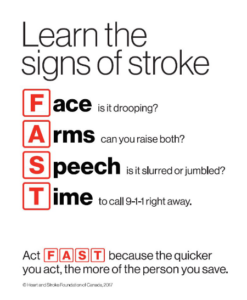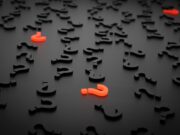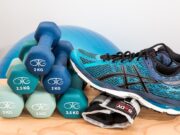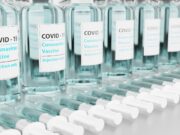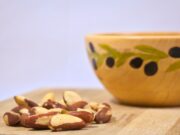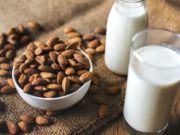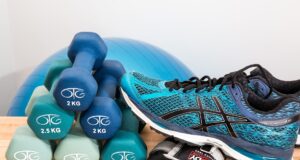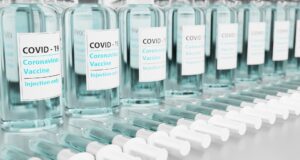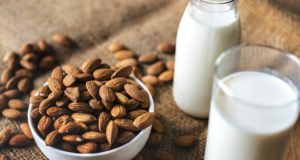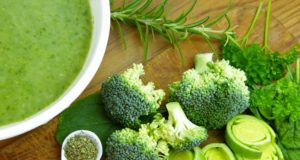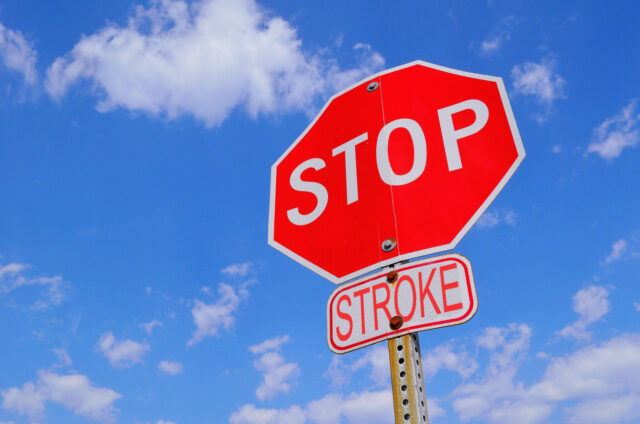We have just passed into Daylight Savings Time which sees a statistical uptick in Strokes. So now is as good a time as ever to revisit a Stroke Strategy.
As Dr. Joseph Mercola says:
The vast majority of strokes are linked to modifiable lifestyle factors.
If you’re sleeping too much, seek out the underlying reasons why and address them at the source.
This is his acknowledgment of the need to not sleep too much as an adult. That being not less than 4 and NOT more than 8 hours optimum.
Strokes are affecting more persons. An example is Luke Perry.
Many of the same risk factors that raise your risk of heart disease, such as obesity, smoking and inactivity, also raise your risk of stroke.
Common nutrient deficiencies, like vitamin D and magnesium, also raise your risk.
Mercola says measure vitamin D levels. Ensure maintenance of a healthy level between 60 and 80 ng/mL (150 and 200 nmol/L) year-round either from sensible sun exposure or oral supplementation or a combination.
To raise your magnesium level, eat magnesium-rich foods and/or take a magnesium supplement, balanced with vitamins D3, K2 and calcium.
It’s also important to ditch junk processed food! Real food with low carbs and good fats!
To determine if someone having a stroke?
Emergency medications can dissolve the clot that is blocking blood flow to your brain.
Acting fast is crucial, however, as in order to be effective, you typically need to get help within three hours — and the sooner the better.
Most strokes occur without warning, so knowing the following symptoms of stroke and calling 911 immediately can be the difference between life and long-lasting disability or death.
- Sudden numbness or weakness of the face, arm or leg, especially when occurring on one side of the body; face drooping, typically on just one side
- Sudden confusion; trouble talking or understanding speech
- Sudden trouble seeing in one or both eyes, or double vision
- Sudden trouble walking, dizziness or loss of balance or coordination
- Sudden severe headache with no known cause; nausea or vomiting
a mini-stroke may have occurred
Even if the symptoms are brief and disappear, a mini-stroke may have occurred, so get emergency help if you or a loved one experiences any of these symptoms. A helpful acronym to memorize is FAST:
F: Face drooping
A: Arm weakness
S: Speech impairment
T: Time to call 911!
After a stroke, neuroplasticity training can also help regain lost function if implemented immediately.
Bob Dennis’ book “Stroke of Luck: Master Neuroplasticity for Recovery and Growth After Stroke,” and its shortened version, “Stroke of Luck: NOW! Fast and Free Exercises to Immediately Begin Mastering Neuroplasticity Following a Stroke,” are both excellent reference books that can help you to optimize recovery after a stroke.
Stroke Strategy and Solution? Act FAST!
